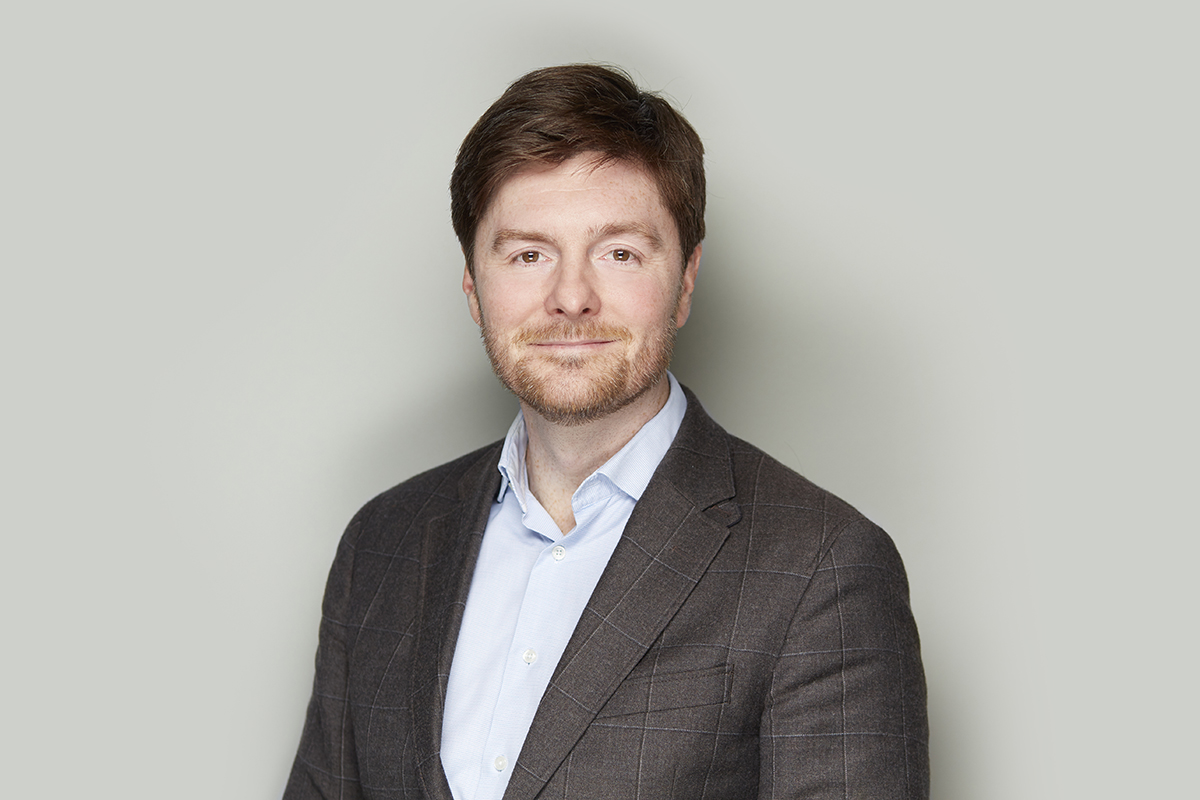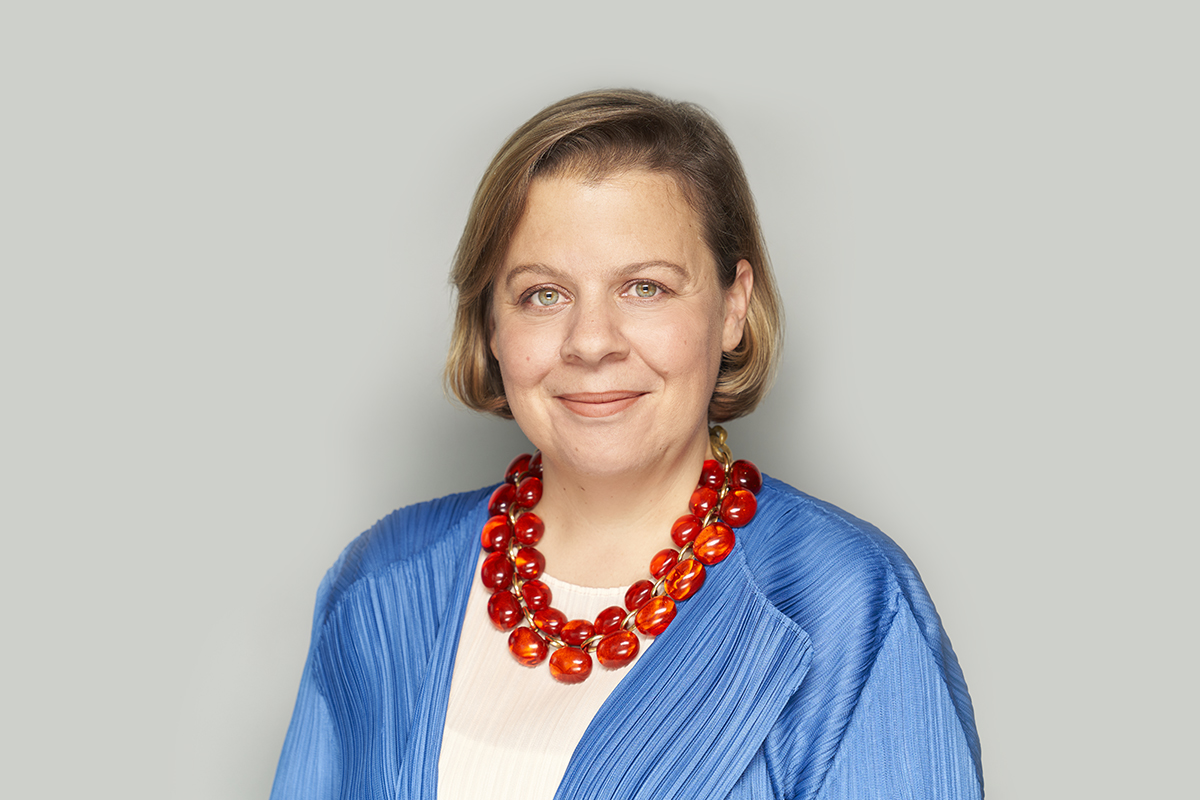The 100-Year-Old Founder CEO
Written by
Time and aging were once viewed as a relentless and unstoppable force – memento mori, but now aging is seen as, at least by the tech-world as a disease it wants to cure, and soon.
The longevity industry will be worth $600 billion by 2025. A child born today now has over a 50% chance of living to 105. The World Heath Organisation predict 425m people over the age of 80 by 2050. Longer active lives means greater potential to keep working for longer, and for family businesses for the founder or senior managers and shareholders to remain in seat for long periods.
Leonardo Del Vecchio was aged 87 when he died in 2022 as chairman of Luxottica. Rupert Murdoch retired from Fox and the News Corporation age 92 in 2023 and Serge Dassault, the chief executive and chairman of Dassault Group died suddenly at the Paris headquarters aged 93. Warren Buffett currently age 93 remains co-founder, chairman and CEO of Berkshire Hathaway. We will soon, no doubt, see our first 100 year-old CEO. The longevity of the family businesses is rooted in its ability to successfully pass the baton to the next generation, but what does it mean when this milestone keeps getting further away as the founder generation dominate the business strategy and economics? It is likely that many of the next generation will reach retirement age before their predecessors are ready and willing to step down, leaving a need for individuals and family businesses to adapt accordingly.
On 25 October, Partner’s Hayden Bailey and Clare Stirzaker will lead a panel discussion at the 2024 FFI Global Conference exploring the challenges and opportunities of human longevity in reshaping succession planning for business families and how we must adapt the tools we use and advisory practices we employ to cater this paradigm shift in the working life of our client family members.
Hayden Bailey and Clare Stirzaker, will lead a panel discussion with family office members Charles Sommer, Caroline Marston, Andrew Wates on:
- Do we think attitudes and approaches to work will change with increased longevity?
- What is the impact of human longevity for business strategy and economics?
- How must advisers adapt their advice to shareholders and businesses to ensure the succession model can cope with human longevity? What are the tools they have available.
- What are the impacts upon the next generations and how they plan their working lives within the family enterprise in the knowledge of great longevity?
- What safeguards can be put in place to deal with emergencies or incapacity where business owners are working into their 90s and beyond?
The purpose of the session is to explore the idea of “navigating longevity and legacy” and its impact on family businesses and succession planning, specifically the below:
- Understanding the impact of increased longevity
- Challenges and opportunities in longevity-driven succession planning
- Reassessing succession timelines
- Preserving family business legacy across generations
- Adaptability and lifelong learning
- Governance structures and communication strategies
Find out more about the event here.
Written by
Interested in hearing more?
In a similar vein to the above event, we have published some helpful resources and essential reading on the evolution in the approaches, attitudes and adjustments successful individuals and families are taking to plan for wealth transfer. We have a handful of thought provoking articles and our Lessons in Legacy series looks at the themes that are now front of mind for those responsible for family wealth and take into account the priorities of the succeeding generation.


